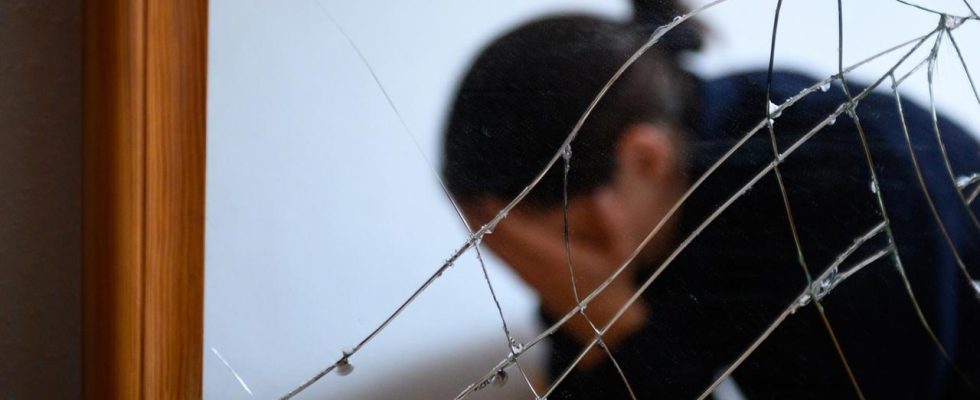Women should be better protected from violence in the EU. A guideline for this has long been available, but some countries say no – including Germany. 100 women demand an end to the blockade in an open letter.
“Violence against women and domestic violence are not a private matter, they are a social problem,” said EU Equal Opportunities Commissioner Helena Dalli almost two years ago. And a problem that should be addressed uniformly across the EU.
The EU Commission started with this goal on March 8, 2022, International Women’s Day. “Today the European Commission is therefore adopting one Proposal for a directive to combat violence against women and domestic violence,” Dalli explained at the time.
In concrete terms, this means that certain crimes should be punished uniformly across Europe. This also includes acts from the ever-growing area of digital violence against women, such as cyberstalking – that is, following, harassing and intimidating online. Or the unsolicited bombardment of intimate images – such as sending around “dickpics”, i.e. penis photos.
The central element of the planned EU directive is probably the offense of rape. It should be standardized across the EU, based on the “only yes means yes” consent approach.
Germany has concerns about the regulation
No, but so far Germany has said so in the Council of the 27 EU states. Legal concerns stand in the way. Federal Justice Minister Marco Buschmann (FDP) argues that the EU could exceed its competences and the European Court of Justice could subsequently overturn such a regulation. He thus follows the interpretation according to which the EU may only prescribe uniform minimum standards and, above all, minimum penalties in the area of crimes classified as EU crimes.
The catalog of EU crimes includes particularly serious, often cross-border crimes – including terrorism, money laundering and human trafficking. Rape is not on this list yet.
Protecting women should be the top priority
The MEP Maria Noichl (SPD) knows this basis for argument – but there are others too. “Mr. Buschmann refers to the fact that there is a paper from the EU Council that says: ‘We are not allowed to do that.’ However, we as Parliament and also the Commission rely on other legal documents that make it clear and clear that this would be possible.”
Noichl expects flexibility from Buschmann. He should mediate between these two legal papers and make it clear: the protection of women is the top priority.
Because in many EU countries this is not the case. In 14 countries, women still have to prove that actual violence or threats of violence occurred in order to be considered rape. “Hungary and Poland should be mentioned first and foremost – but of course we also have countries in the Baltics or, above all, countries in the east of the European Union that need to make significant improvements here,” says Noichl. It should not depend on the place of birth of women as to how much protection they are entitled to or not.
Germany lacks courage and political will
Only 13 states have a law that defines rape as “sex without consent” – so this also includes cases in which women are deliberately made defenseless by drugs or alcohol or in which no is not taken seriously. Germany has had its “no means no” in the law for more than seven years. Violators face six months to five years in prison.
This should really encourage people to work for Europe-wide standards, emphasizes Noichl. “It’s also about the question: How does Germany stand up for European values? That’s also an obligation. But there’s apparently a lack of courage and political will at the moment.”
One thing is certain: France, a country that is generally progressive when it comes to women’s rights – for example when it comes to legislation regarding prostitution – is also currently blocking the law. If the member states do not reach an agreement next month, there will probably be nothing left before the European elections.
Open letter to Buschmann and Federal Government
With an open letter, 100 women from politics, culture and business now want to increase the pressure on Buschmann and the federal government. was initiated the letter from the Center for Feminist Foreign Policy, a feminist foreign policy research and consulting organization. The two first signatories include Luisa Neubauer from Fridays for Future and the German journalist and filmmaker Düzen Tekkal.
The authors warn that the dispute over the offense of rape could cause the entire EU directive to fail – and thus the first comprehensive initiative in the EU to protect women from male violence. Especially in view of radical right-wing tendencies in several EU countries, it is important to give up the blockade before the European elections.
Kathrin Schmid, ARD Brussels, tagesschau, January 30, 2024 4:16 p.m

